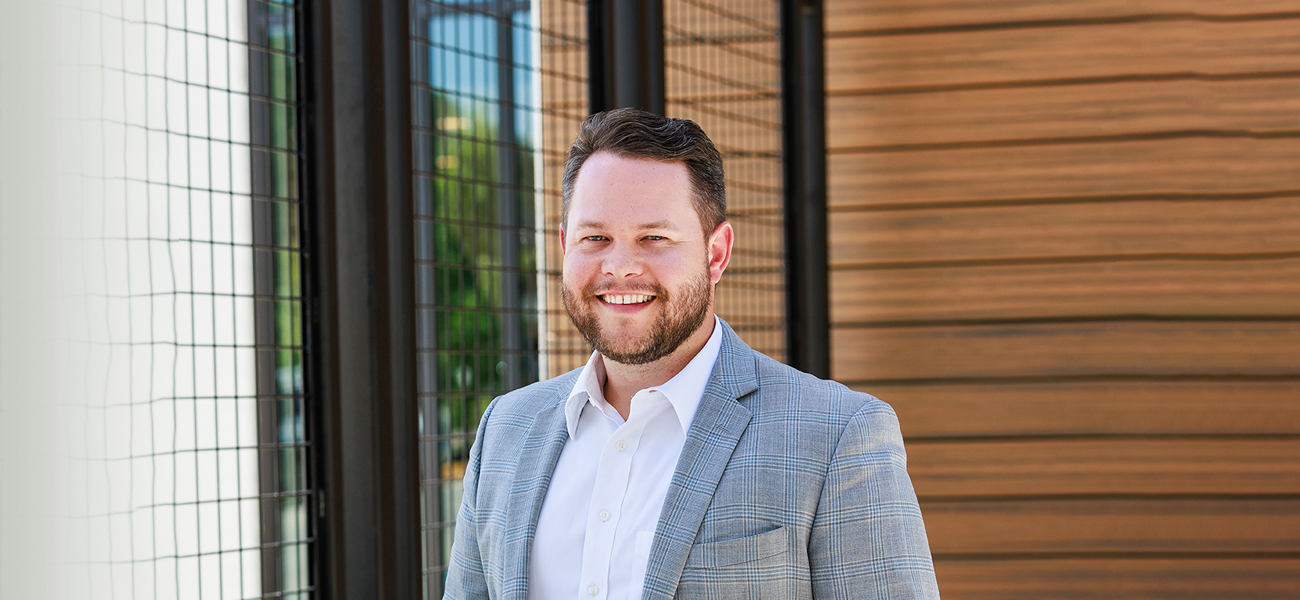
These young pros say Baton Rouge is an underrated place to build a career
Last year, Seth Irby invited a longtime friend from Chicago who had never visited Louisiana to spend a fall weekend in Baton Rouge.
“He said, ‘You know, I’ve always questioned why you settled for Baton Rouge,’” Irby recalls. “But he said, ‘After spending Friday night with 40 friends and family at your house, and after going to an LSU tailgate and meeting hundreds of people, I get it. Chicago’s a special place, but it doesn’t have the tightknit community that you have here.’”
Irby, a Baton Rouge native, returned to the city in 2016 after spending the first five years of his career in Richmond, Virginia. The chief marketing officer at LWCC, Irby has been at work on the company’s Louisiana Loyal initiative to elevate the state’s brand to a national audience.
|
|
He’s also part of an increasingly vocal group of young professionals who could have landed anywhere, but who chose to settle in Baton Rouge. They’re not naïve to the city’s challenges with traffic, crime and education. But they say those problems exist in other cities that don’t share Baton Rouge’s unique upsides. Along with its emblematic culture and college town identity, they say the city has undersold assets and opportunities that make it a great place to grow a career.
“I travel all the time,” says Whitney Lanassa, senior managing director at Stonehenge Capital, an investment capital firm in downtown Baton Rouge. “There are not a lot of places that are better. We’ve got something really special here.”
On the map
That something, Lanassa says, is “the people,” and more specifically, their willingness to open the door to others. It’s not hard to network with people doing interesting work in a variety of sectors, from medical innovation in the Baton Rouge Health District to start-ups at the Louisiana Business and Technology Center at LSU, she says.
Irby describes Baton Rouge as a meritocracy—a place where hard work and a can-do attitude make it possible to gain access, regardless of social pedigree.
Highland Wealth investment advisor Myles Laroux likewise has a natural curiosity and a thirst for travel. He graduated LSU with a degree in Middle Eastern politics.
“I’ve had Big Macs on five continents,” Laroux says.
The Shreveport native grew up in a 16-by-80-foot trailer with a single mother who pushed him to take advantage of every educational opportunity, he says. That included leaving home to enroll in LSU, where he played in Tiger Band.
When it was time to decide where to start his career, Baton Rouge seemed a no brainer. Laroux had built connections while at LSU, albeit casual, and he saw the community as his best shot for finding a job. A few years after graduating, he joined Highland Wealth’s team in 2016 and his career took off. Now as a wealth advisor, Laroux places a big priority on connecting people, so much so that friends call him the “Baton Rouge sherpa.”
“Somebody comes to town and says, ‘I don’t know anybody,’ and I say, ‘You got to meet this guy,’” Laroux says.
A new perception
One of the things young leaders and many institutions want to change is attitude.
David Fleshman, partner at Breazeale, Sachse & Wilson and a Baton Rouge native, cautions locals that it’s easy to get stuck traveling in the same circles. He’d like barriers broken, particularly between north and south Baton Rouge.
“We’re all in this thing together,” Fleshman says. “And there’s the opportunity for everyone who wants to get involved.”
He sees the city as a landscape of burgeoning opportunities just waiting for young, energetic professionals to grasp. Case in point: Fleshman is parlaying his lifelong interest in sports into the practice of sports law. The 2004-2006 LSU men’s basketball walk-on is an adjunct law professor at the LSU Paul M. Hebert Law Center, where he teaches the school’s only class on sports law. Rules surrounding Name, Image, Likeness (NIL) law is one of his practice areas—and he sees Baton Rouge as a place that could become home to national experts in the fast-moving field.
Though all working in different avenues, there’s one quality these young leaders share: optimism. It’s something they want to help build up among other professionals, too.
While working on LWCC’s Louisiana Loyal campaign, Irby partnered with a national consultant who noticed something striking. Andrea “Andy” Cunningham, a veteran Silicon Valley marketer whose accomplishments include helping Steve Jobs launch MacIntosh, spent eight months interviewing about 100 Louisianians to assess feelings about their home state.
“She said, ‘I’ve got to be candid … you all kind of have a bad attitude,’” Irby says. “‘A lot of people … lead with the negative, but … this is one of the most unique and special places on Earth. We have the same problems in California, we just don’t talk about it like y’all do.’”
DIGITS
BRAC’s young professional goal
The Baton Rouge Area Chamber says bolstering a talent pipeline will be crucial to the city’s economic growth. Here’s where we are now—and where BRAC thinks we need to be.
27.5%
Current portion of Baton Rouge’s population aged 25 to 44.
5%
The amount of growth in the population of young professionals BRAC aims to foster. It will be no small feat—despite thousands of college students filtering through the city each year, BRAC points to a net out-migration of young people during five of the past six years.
32.5%
Proportion of young professionals the city’s population will have—if it successfully reaches its 5% growth target. BRAC says this number would rank closer to metros like Seattle and Denver. It also suggests that developing a reputation as a high-tech city would help Baton Rouge be more of a magnet for young workers.
This article was originally published in the June 2023 issue of 225 magazine.
|
|
|
